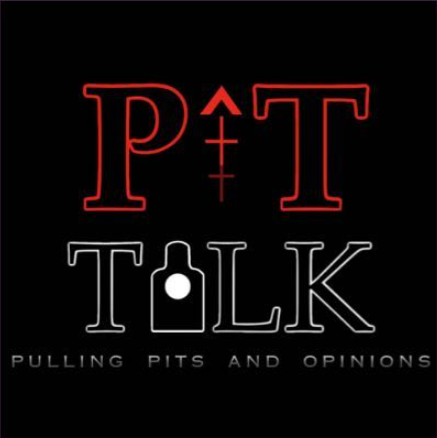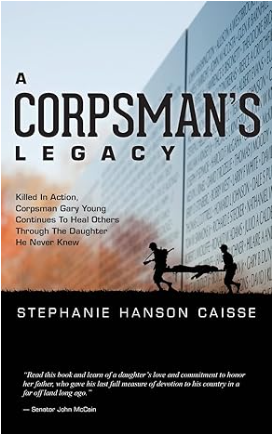On the humid night of April 8, 1956, Staff Sergeant Matthew McKeon led his platoon of fresh-faced recruits from Parris Island into a darkness that would forever mark Marine Corps history. The night was meant to be a test of toughness, a march through the tidal marshes and muddy waters of Ribbon Creek. But what unfolded was tragedy, six young Marines drowned in the murky currents, swallowed by the very crucible meant to forge them.
In the 1950s, Marine recruit training was famously brutal. It was designed to crush the civilian spirit and build Marine steel through relentless discipline and physical hardship. Drill instructors like McKeon were the iron fists of this transformation, pushing recruits beyond their limits to shape warriors. The mindset was clear, endure any pain, follow every order, survive the grind. Yet that night, that toughness collided with tragedy.
McKeon, a combat veteran of World War II and Korea, had consumed alcohol before the march, against regulations but not uncommon in a time when the Marine Corps was less formal about off-duty conduct. His decision to march the platoon through Ribbon Creek’s deceptive currents exposed a deadly flaw, toughness without caution can break more than bodies – it can break lives.
The recruits, many unable to swim, struggled in the cold, shifting mud and swift tidal waters. Panic spread quickly as six were pulled under and drowned, Thomas Curtis Hardeman (Newnan, Georgia), Jerry Lamonte Thomas (Hampton, Virginia), Leroy Thompson (Stockton, California), Norman Alfred Wood (St. Clair Shores, Michigan), Donald Francis O’Shea (Mineola, New York), Charles Francis Reilly (Cambridge, Massachusetts) These six young men, at the dawn of their Marine journeys, paid the ultimate price.
The nation watched in shock. McKeon was charged with negligent homicide and drinking on duty. His trial in the summer of 1956 became a media sensation, exposing the harsh realities of boot camp to public scrutiny. General Lewis “Chesty” Puller, the Corps’ most decorated hero, testified in McKeon’s defense, calling the deaths a “deplorable accident.” Yet the court found McKeon guilty. His sentence, a reduction in rank, confinement, and a fine, was later softened by the Secretary of the Navy, allowing him to continue serving. The incident forced the Marine Corps to face an uncomfortable truth, the line between discipline and recklessness had been crossed.
“For him I believe that the real punishment will be always the memory of Ribbon Creek on Sunday night, April 8, 1956. Remorse will never leave him.” ~Secretary of the Navy Charles S. Thomas
Survivors of the platoon and other drill instructors later reflected on the tragedy with a mixture of sorrow and resolve. One recruit recalled the night as a test that spiraled out of control, while others pointed to the lack of proper safety measures and supervision. Their stories became part of the Corps’ collective memory, a reminder that even the fiercest toughness demands responsibility.
Ribbon Creek sparked sweeping reforms. Safety protocols were tightened, oversight of drill instructors increased, and training evolved to balance toughness with care. The Marine Corps today honors the incident as a solemn lesson, the forging fire of The Suck must never consume the very lives it aims to strengthen.
McKeon carried the weight of that night for decades. After retiring due to injury, he lived a quiet life marked by remorse. In a rare 1970 interview, he spoke of praying daily for the souls of the lost recruits, a haunting testament to the burden of leadership. He passed away in 2003, leaving behind a complicated legacy, one of valor shadowed by tragedy, a stark reminder that leadership is as much about humanity as it is about discipline.
Every Marine knows The Suck, the grueling, relentless pressure that molds us. But Ribbon Creek whispers a warning, toughness without care can break more than just spirit, it can shatter lives. The legacy of those six Marines is not just in mourning but in the hard-won wisdom that discipline must walk hand in hand with responsibility, that leadership demands accountability, and that the fiercest warriors are forged not by cruelty, but by honor tempered with compassion.

 Our legacy lives through the stories we tell. The Suck Life wants yours! Make Chesty proud!
Our legacy lives through the stories we tell. The Suck Life wants yours! Make Chesty proud!



 Semper Fidelis
Semper Fidelis




I was only a USMC dependent, my Father was a Marine and in 1956 we lived on Parris Island. I was 10 yrs old and will never forget that night in April. It was a Sunday night and all was quiet UNTIL the blair of MP truck sirens, Fire trucks, Ambulances plus our phone ringing q 4 minutes…”All hands on Deck”. For a minute I thought the Japanese had found Parris Island asleep. My Dad was called out and I didn’t see him again until the next day. When we returned to school on Monday, the word was “murder” at the rifle range. My Dad was an E-7
then and had something to do with the drill instructors. He knew McKeon from awhile back, in the Pacific-WWII and in Korea.
But what I remember most was that they announced in school that week, that the school term would be over at end of April so they could use the school for the court martial……long summer!! Our principle, MS Heirs-civil service- was really upset.
Many years later I read the book-COURT-MARTIAL AT PARRIS ISLAND-The Ribbon Creek Incident, written by John C Stevens III.
Every Marine, past and present, should read this book. Ribbon Creek Incident turned the Marine Corps “from tradition to Martial Law”, and left blemish on Recruit training. It happened 69 yrs ago but remains indelible in the history of The Corps.